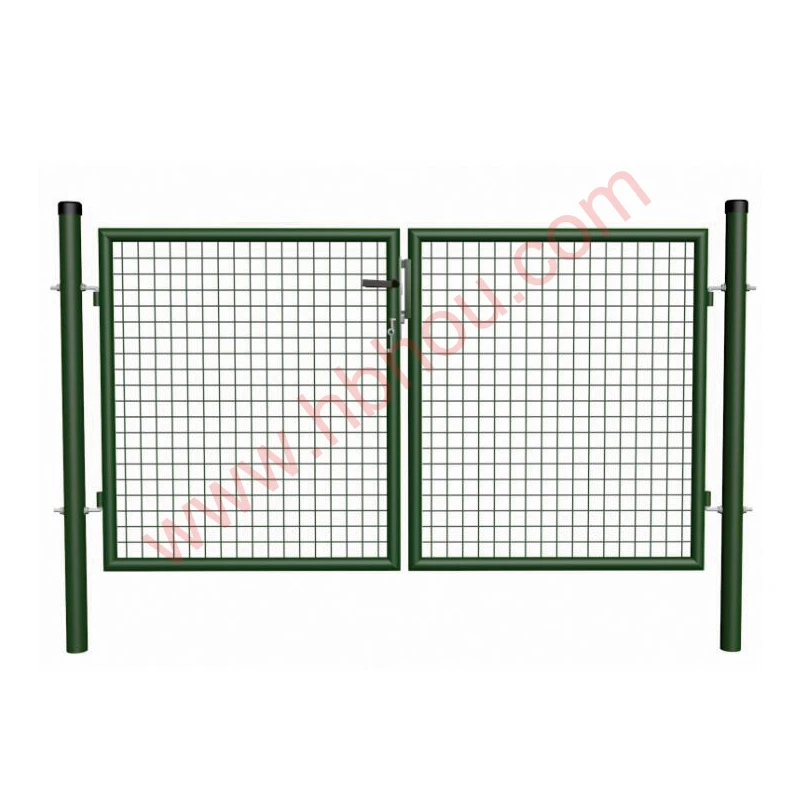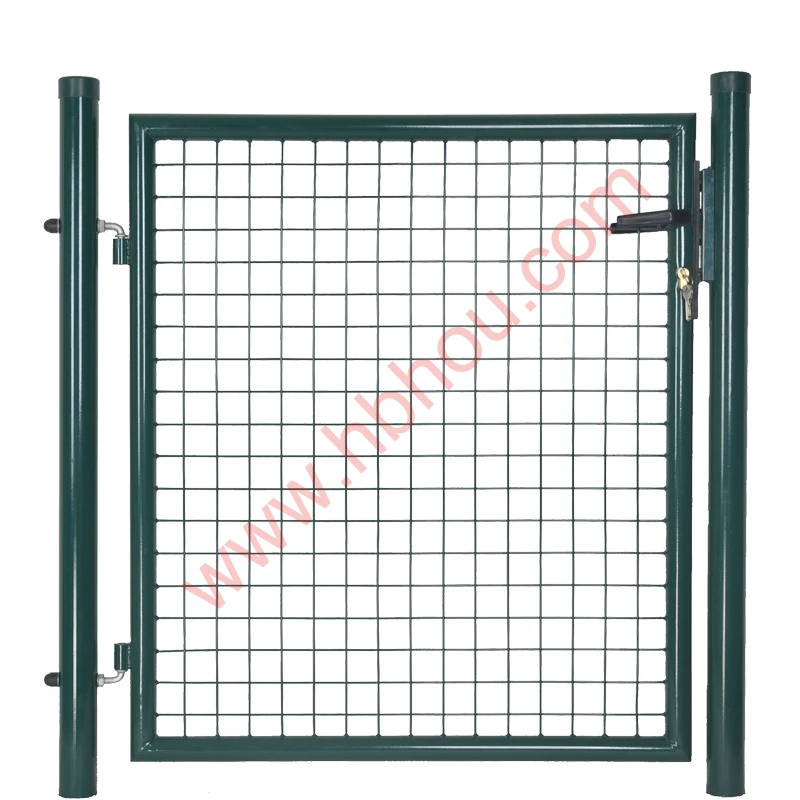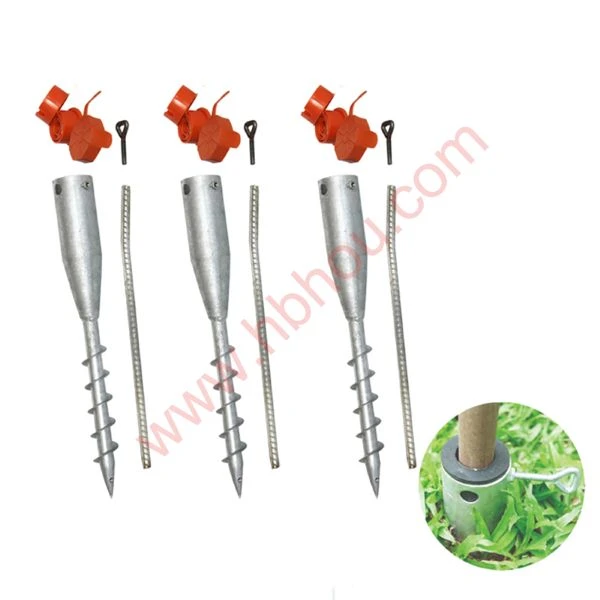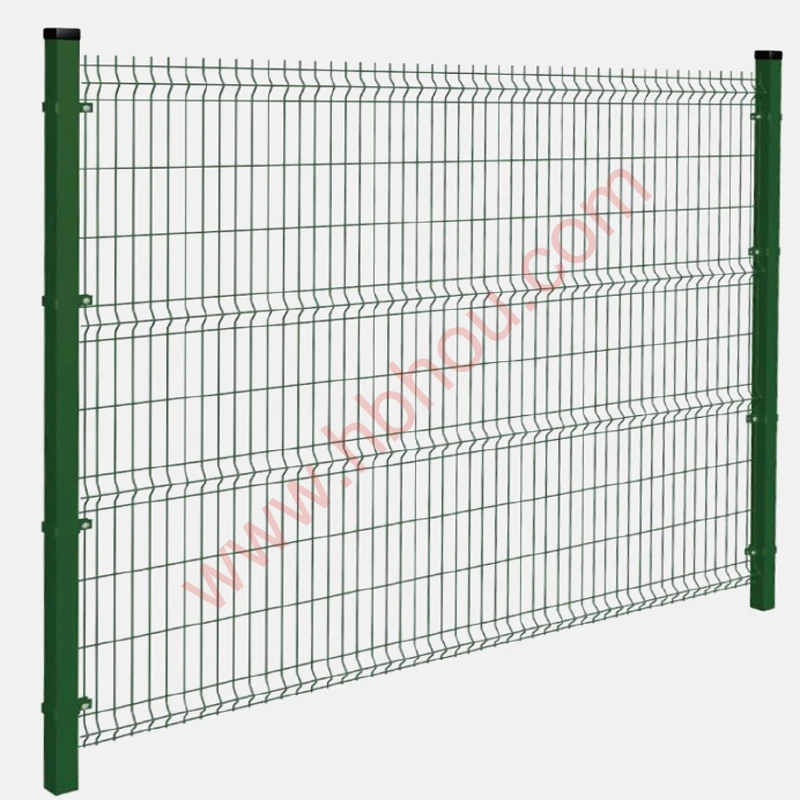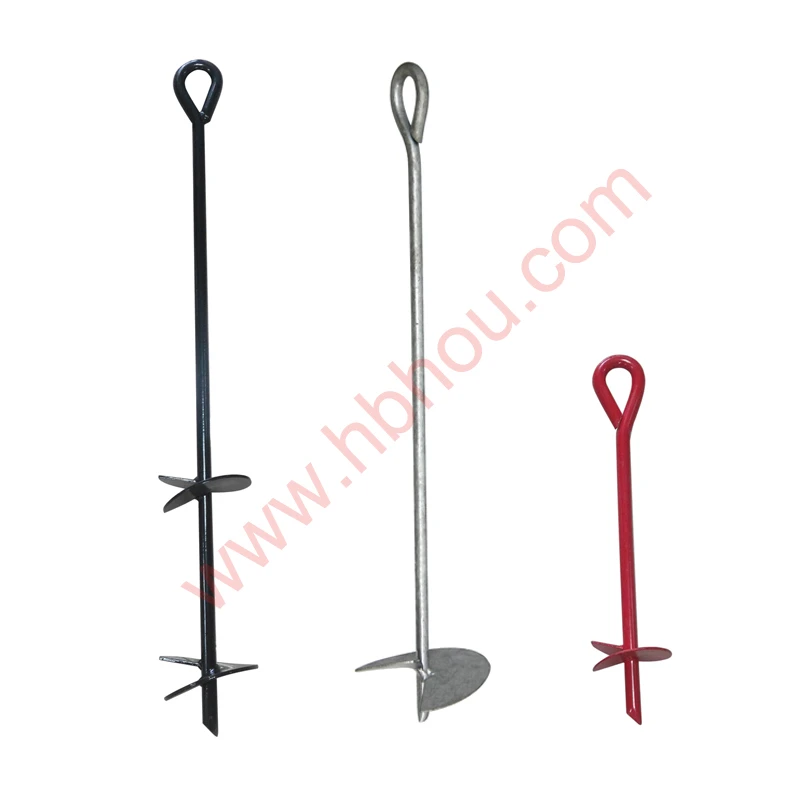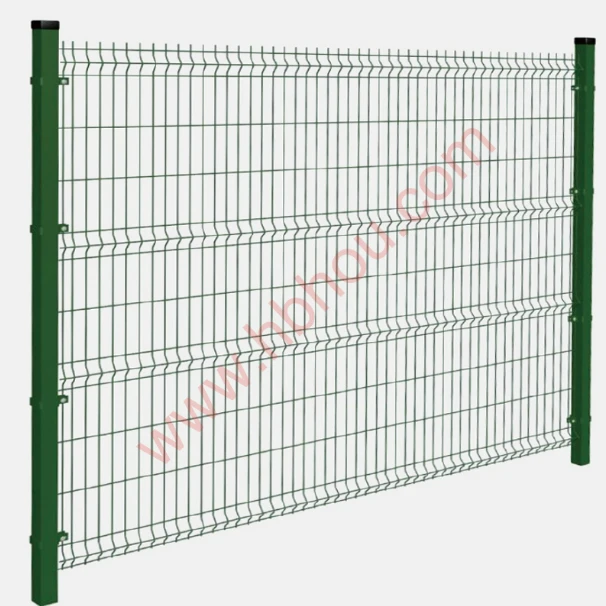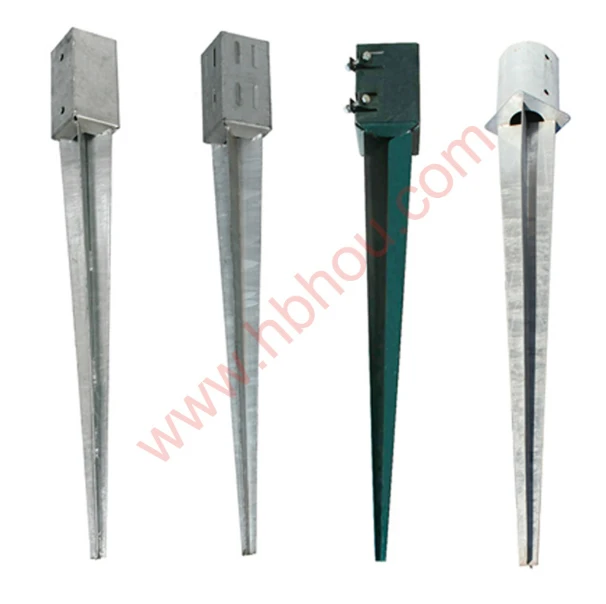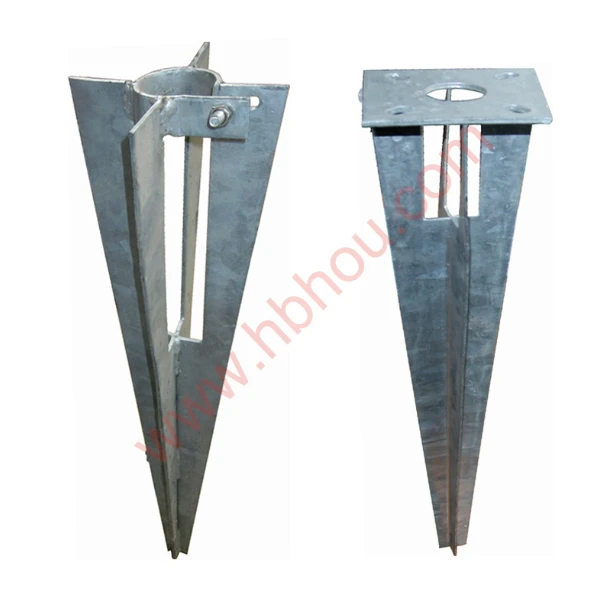Understanding Composite Fence Costs A Comprehensive Guide
When considering a new fence for your property, many homeowners are increasingly turning to composite fencing as an attractive and durable option. Composite fences offer a blend of wood and plastic materials, making them resistant to various environmental factors that typically affect traditional wooden fences. However, one of the most important considerations when planning a fence installation is understanding the costs involved. This article aims to break down the factors influencing composite fence costs and provide a clearer picture of what to expect.
Initial Costs of Composite Fencing
The initial cost of installing composite fencing can vary significantly based on a variety of factors. On average, homeowners can expect to pay between $20 to $40 per linear foot for composite fencing materials. This price can expand depending on the quality of materials chosen, the style of the fence, and the complexity of the installation.
1. Material Quality Higher-quality composite materials often come with a higher price tag but typically offer better durability and a longer lifespan. Premium composites may be infused with UV protection and enhanced colorfastness, making them less susceptible to fading and damage over time.
2. Fence Style Composite fences come in various styles, including privacy, picket, and ranch rail. Different styles may also affect the total cost due to differences in material usage and design complexity.
3. Height and Length Obviously, the taller and longer the fence, the more materials required, leading to an increase in costs. A standard height for privacy fences is usually six feet, but heights can range from four to eight feet depending on local ordinances and personal preferences.
Labor Costs
In addition to materials, labor costs are another significant component of the total expense for composite fencing. Hiring a professional contractor can range from $30 to $60 per hour, and the total labor charges can also depend on the fence's length, site preparation, and specific installation requirements. While some homeowners may opt to install the fence themselves to save on labor costs, it’s crucial to consider the complexity of the installation, which could lead to added challenges if done incorrectly.
composite fence cost

Additional Costs
Don’t forget to consider additional costs that may arise during the installation process
1. Permits and Regulations Depending on your location, you may need to obtain permits before installing a fence. It’s essential to check with local zoning laws to avoid any fines or retrospective modifications.
2. Ground Preparation If your yard requires significant preparation—such as clearing debris, leveling uneven ground, or removing an old fence—this could raise overall costs significantly.
3. Maintenance Tools and Supplies While composite fencing is known for requiring less maintenance than wood, some costs might still be involved initially for treatments or protective coatings.
Long-Term Value
While the upfront investment for composite fencing may seem higher than alternatives like traditional wood, it is essential to consider the long-term value. Composite materials are generally more resistant to rot, pests, and harsh weather conditions, which translates to less frequent replacements and repairs. Furthermore, many manufacturers offer warranties of 25 years or more, ensuring the longevity of your initial investment. Additionally, many homeowners appreciate the aesthetic appeal of composite fencing, often leading to increased property value and curb appeal.
Conclusion
In conclusion, while the costs associated with composite fencing can vary based on material quality, style, labor, and additional requirements, its long-term benefits make it a worthwhile consideration. Investing in a composite fence not only enhances the beauty and security of your property but also saves you money on maintenance and repairs over time. Always be sure to gather multiple quotes from contractors and consider the overall value and lifespan of materials before making your decision. Ultimately, understanding composite fence costs will help you make a more informed choice for your home.









